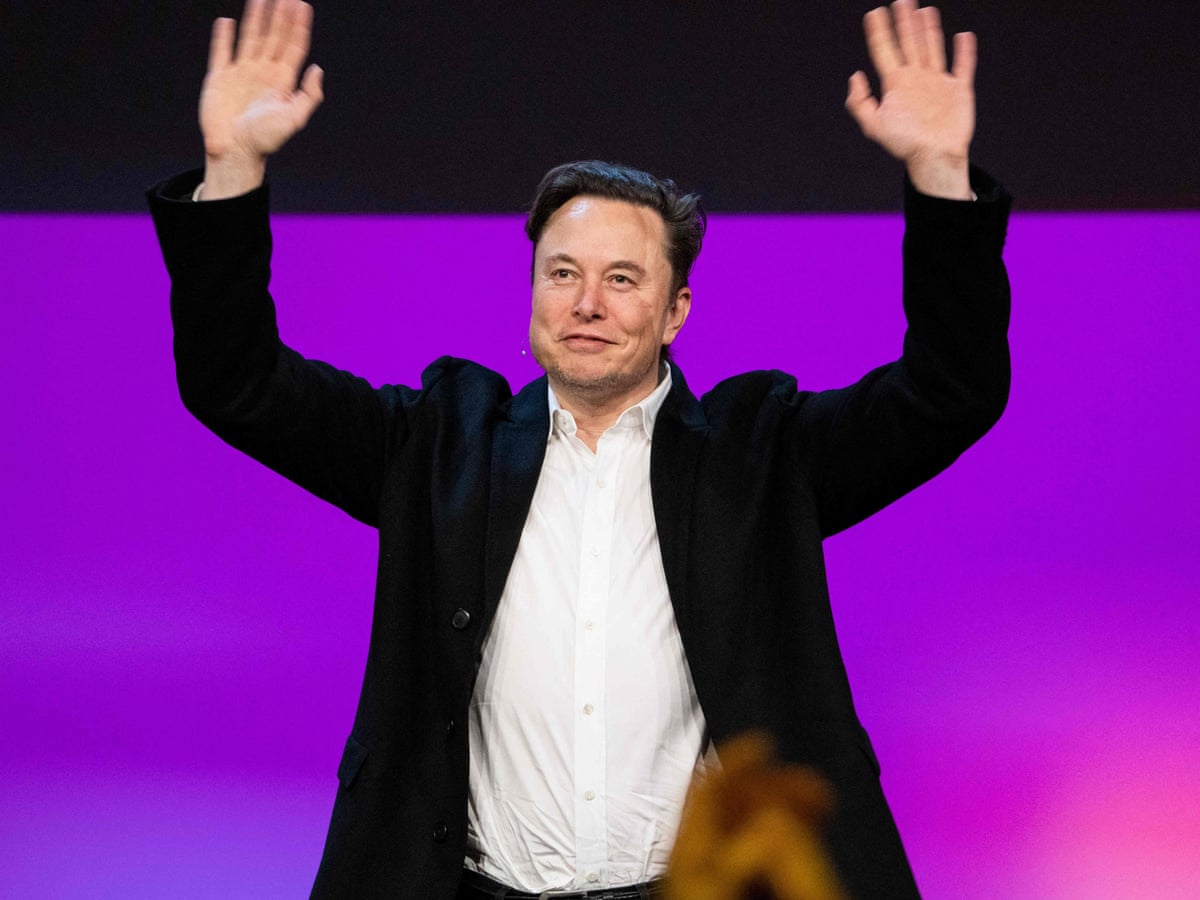In response to Tesla CEO Elon Musk’s bid to acquire the firm and take it private, Twitter’s board of directors overwhelmingly approved a “poison pill” defense on Friday. The move, formally known as a “limited duration shareholder rights plan,” aims to allow Twitter’s investors to “realize the full value of their investment” by reducing the likelihood of a single person gaining control of a company without either paying shareholders a premium or giving the board more time, according to the company. To guard against hostile takeovers, poison pills are often utilized.
If Musk’s about 9% investment in Twitter climbs to 15% or more, Twitter’s plan will go into force. Even if that happens, Musk could still acquire control of the firm via a proxy struggle in which he votes out the present board of directors. The strategy, according to Twitter, does not exclude the board from meeting with interested parties or approving an acquisition bid if it is in the company’s “best interests.”
Musk proposed to acquire Twitter completely for more than $43 billion US in a securities filing on Thursday, claiming the social media network “needs to be reinvented as a private firm” in order to establish trust with its users. In the filing, Musk said, “I think the free expression is a social requirement for a functioning democracy.” “I’ve realized that in its existing shape, the firm can neither grow nor satisfy this social mandate.”
Later that day, at the TED 2022 conference in Vancouver, he went even farther, saying, “Having a public platform that is maximally trustworthy and widely inclusive is tremendously crucial to the survival of civilization.”
Musk disclosed in recent regulatory filings that he began purchasing Twitter shares in virtually daily batches on Jan. 31 and that he now owns approximately 9% of the company. Only Vanguard Group has a larger proportion of Twitter.
Musk allegedly improperly delayed revealing his position in the social media business in order to purchase additional shares at cheaper rates, according to a complaint filed Tuesday in New York Federal Court.
Musk was promptly awarded a position on Twitter’s board of directors after announcing his interest, on the condition that he restrict his acquisitions to no more than 14.9 percent of the company’s outstanding shares. Musk, though, was rejected five days later, according to the business. In an emailed note, Wedbush Securities analyst Daniel Ives noted that a poison pill approach is an “expected” defensive maneuver, while it might be perceived as a “show of weakness” and seen unfavorably on Wall Street.
Source: CBC

